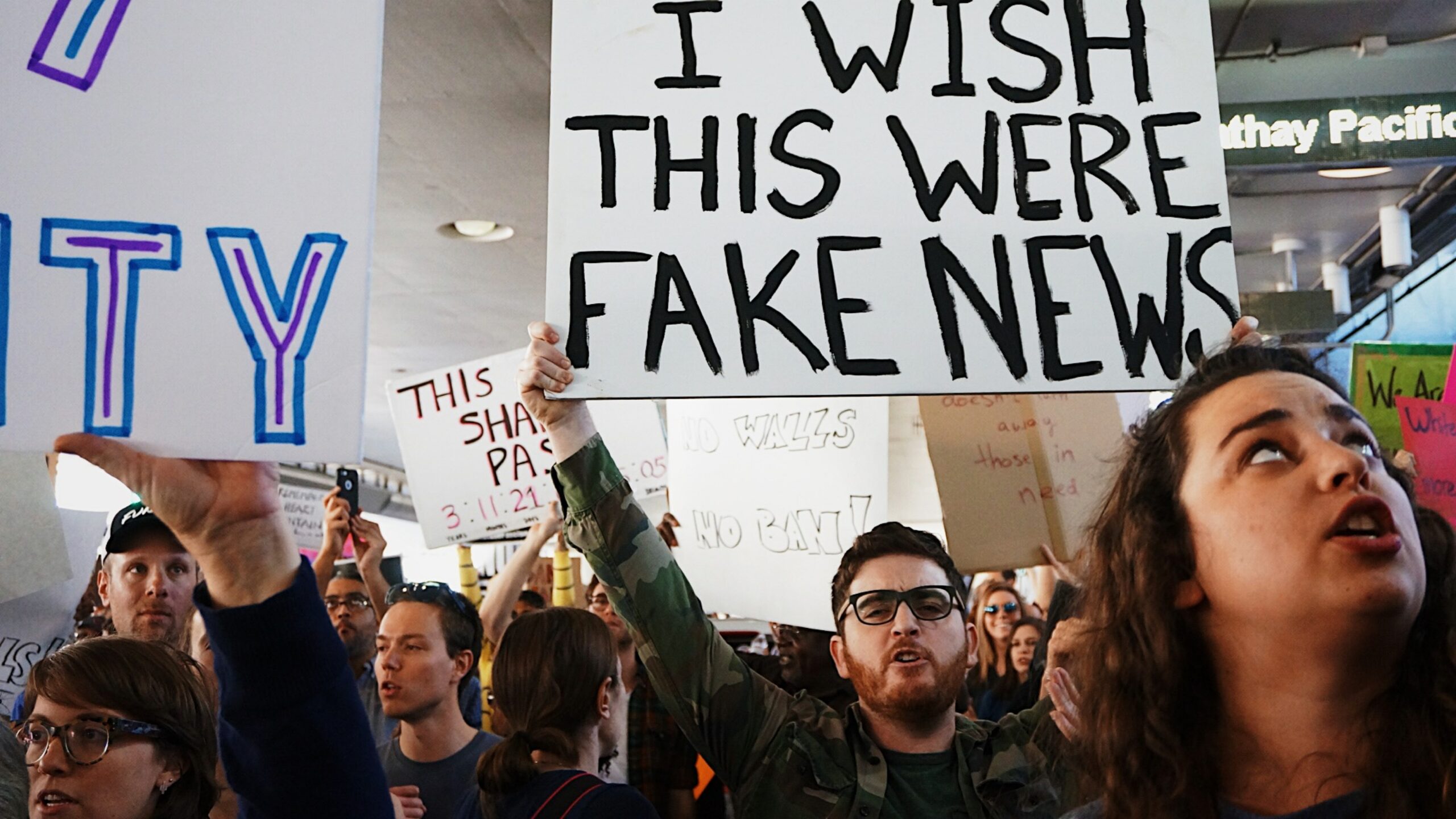
Fighting Fake News: Lessons From the Information Wars
There are far too many incentives to spread false information. Nations often promote fake news as part of disinformation campaigns to further political agendas. Profiteers generate fake news material and distribute it widely for advertising revenues. The design of online social media platforms enables — and often encourages — the widespread distribution of fake news. The result is significant amounts of disinformation cutting across the world’s media landscape.
So what can be done? What should be done?
The Reboot Foundation’s 2019 report, “Fighting Fake News,” aims to answer these questions. It relies on reviews of the literature, interviews with experts, evaluations of state’s websites, and our own independent research of thousands of individuals.
Key Findings
- Simple interventions — like reading an article on how to spot illegitimate sources of information — can help people identify fake news.
- The fake news crisis is ultimately a crisis of media literacy, and more than a third of students report rarely learning key media literacy skills like judging the reliability of a source.
- Governments can play an important role in supporting media literacy and developing a healthy public sphere.
-
Technology companies must do more to promote better and more informed forms of engagement on their platforms.


